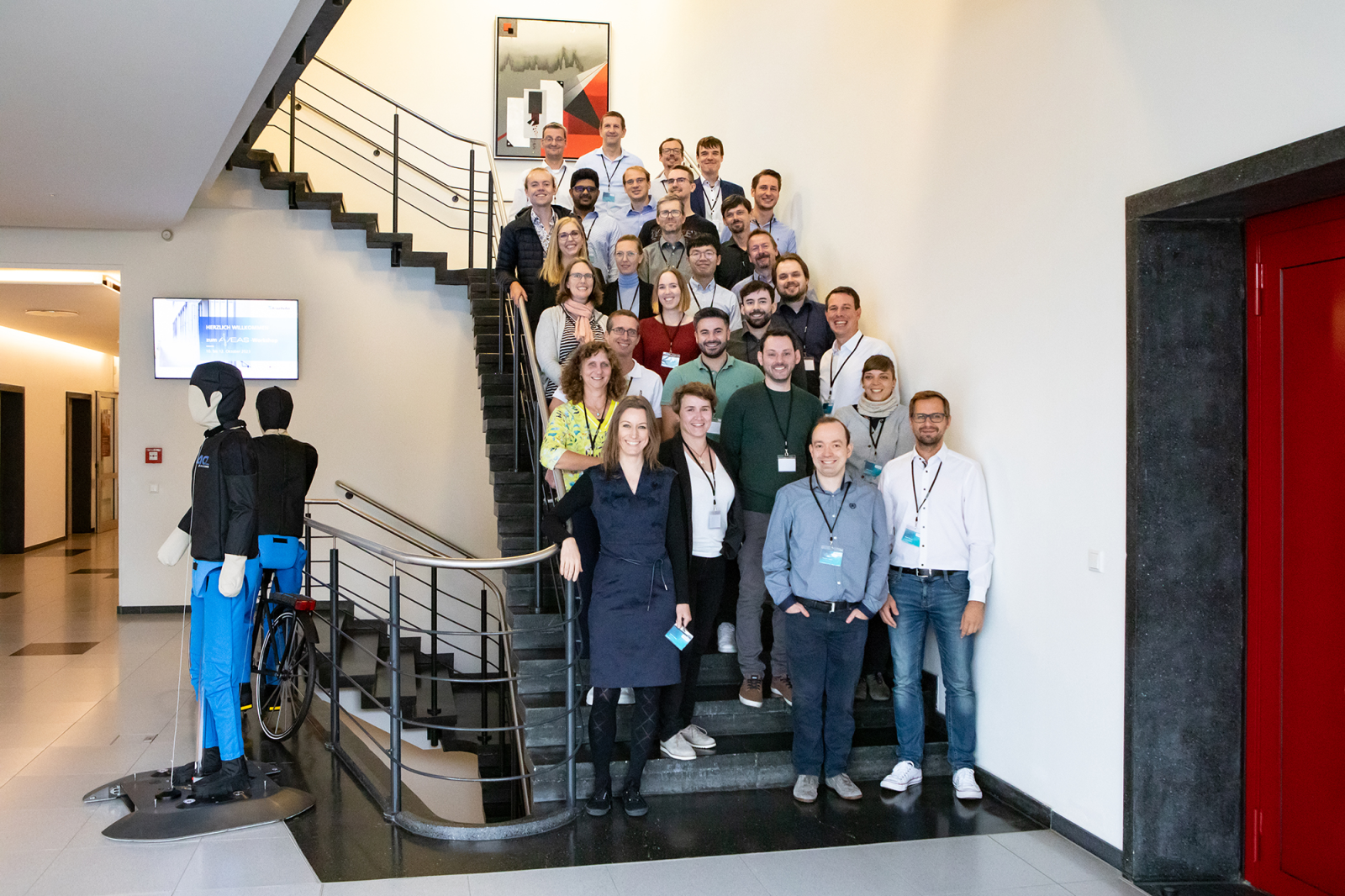We are thrilled to share the latest developments of the AVEAS Project with you. This joint project is funded by the Federal Ministry of Economics and Climate Protection (BMWK) with understand.ai as the consortium leader.
The AVEAS Project aims to revolutionize the way we collect and model data on today’s human traffic behavior for the validation of Advanced Driver Assistance Systems (ADAS) and Automated Driving (AD).
Key Objectives of the AVEAS Project:
1. Data-Driven Modeling: Systematically examine risk factors in automated driving functions, including how driverless vehicles perceive the world differently.
2. Shared Driving Responsibility: Explore how handover and takeover of driving responsibility impact safety and risk.
3. Real Data, Virtual Testing: The project boasts the first large-scale collection of real-world data stored in a database, enabling virtual testing of real functions. This data can then be used in various kinds of simulations, from traffic to sensor simulation.
4. Comparing Standards: We’re comparing risk concepts and standards like ISO26262 and SOTIF, substantiating them with real-world data.
The AVEAS Project, running from December 2021 to November 2024, promises to pave the way for groundbreaking advancements in the field of automated driving.

Some recent key results include:
1. Definition of an OpenLABEL-based format that joins all acquisition methods (road vehicle, aircraft, infrastructure sensors) into a common representation, led by understand.ai, Porsche Engineering, Fraunhofer-Institut für Kurzzeitdynamik, Ernst-Mach-Institut, EMI, Fraunhofer IVI, Fraunhofer IOSB.
2. Definition of the overall framework for the simulation of event data recording (or rather DSSAD, the Data Storage System for Automated Driving) that will be evaluated by human accident experts, led by Allianz, Continental, Porsche Engineering, PTV Group, dSPACE, Fraunhofer-Institut für Kurzzeitdynamik, Ernst-Mach-Institut, EMI.
3. Results and next steps for the driver behavior studies in the driving simulator, conducted by GOTECH GmbH and Spiegel Institut.
4. Newly developed approaches to validate ML perception for automated vehicles under critical conditions, and find scenarios by a similarity score, contributed by EDI GmbH - Engineering Data Intelligence and Karlsruher Institut für Technologie (KIT) .
5. A considerable number of publications at last year’s IEEE ITSC2023 – see the AVEAS-Projekt channel for a full list.
We’d like to thank our partners for their contribution to our joint project, and in particularly Maria Pohle from Fraunhofer IVI I for organizing and hosting our latest workshop in Dresden!
Join us in our mission to enhance safety, innovation, and efficiency on the roads of the future, and keep up-to-date with our blog for latest updates on the project!